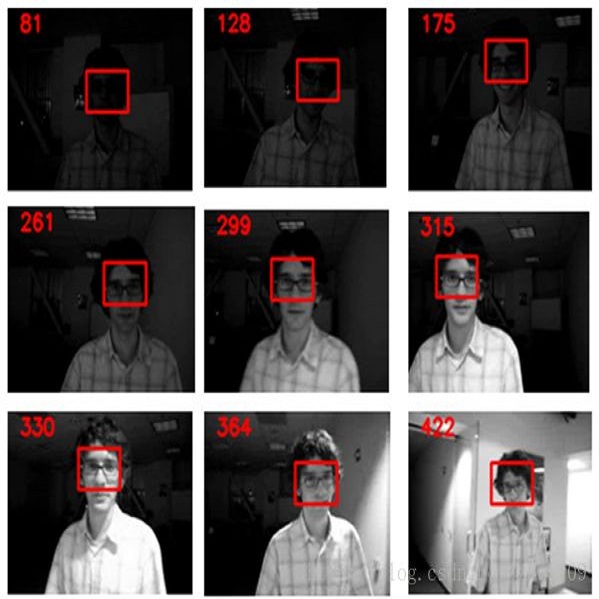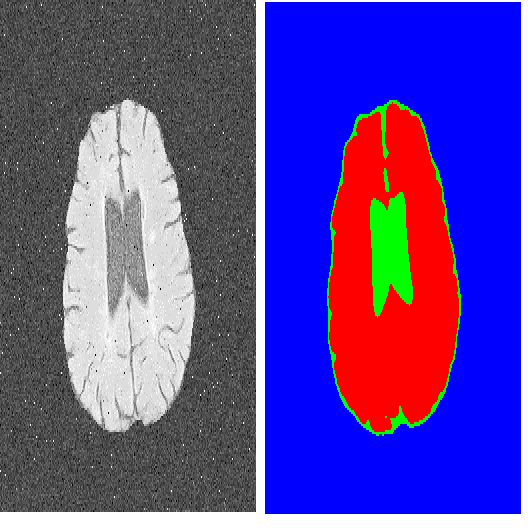MeanShift is a popular mode-seeking clustering algorithm used in a wide range of applications in machine learning. However, it is known to be prohibitively slow, with quadratic runtime per iteration. We propose MeanShift++, an extremely fast mode-seeking algorithm based on MeanShift that uses a grid-based approach to speed up the mean shift step, replacing the computationally expensive neighbors search with a density-weighted mean of adjacent grid cells. In addition, we show that this grid-based technique for density estimation comes with theoretical guarantees. The runtime is linear in the number of points and exponential in dimension, which makes MeanShift++ ideal on low-dimensional applications such as image segmentation and object tracking. We provide extensive experimental analysis showing that MeanShift++ can be more than 10,000x faster than MeanShift with competitive clustering results on benchmark datasets and nearly identical image segmentations as MeanShift. Finally, we show promising results for object tracking.
翻译:main Shift是一种在机器学习的广泛应用中使用的流行模式搜索群集算法。 但是,它已知是极其缓慢的, 每迭代都有四倍运行时间。 我们提议使用基于 Memeshifft 的极快模式搜索算法, 使用基于网格的方法加速中值转换步骤, 以一个密度加权的相邻网格单元格平均值取代计算上昂贵的邻居搜索。 此外, 我们显示, 这种基于网格的密度估计技术带有理论保证。 运行时间在点数和尺寸指数上是线性线性, 使Meal Shift+ 理想的低维应用程序, 如图像分割和对象跟踪 。 我们提供广泛的实验分析, 显示Memeshft++ 能够超过10,000x, 比Memeshft 更快, 在基准数据集上具有竞争性的组合结果和与MemeshSifft 几乎相同的图像分割。 最后, 我们为对象跟踪展示了有希望的结果 。





